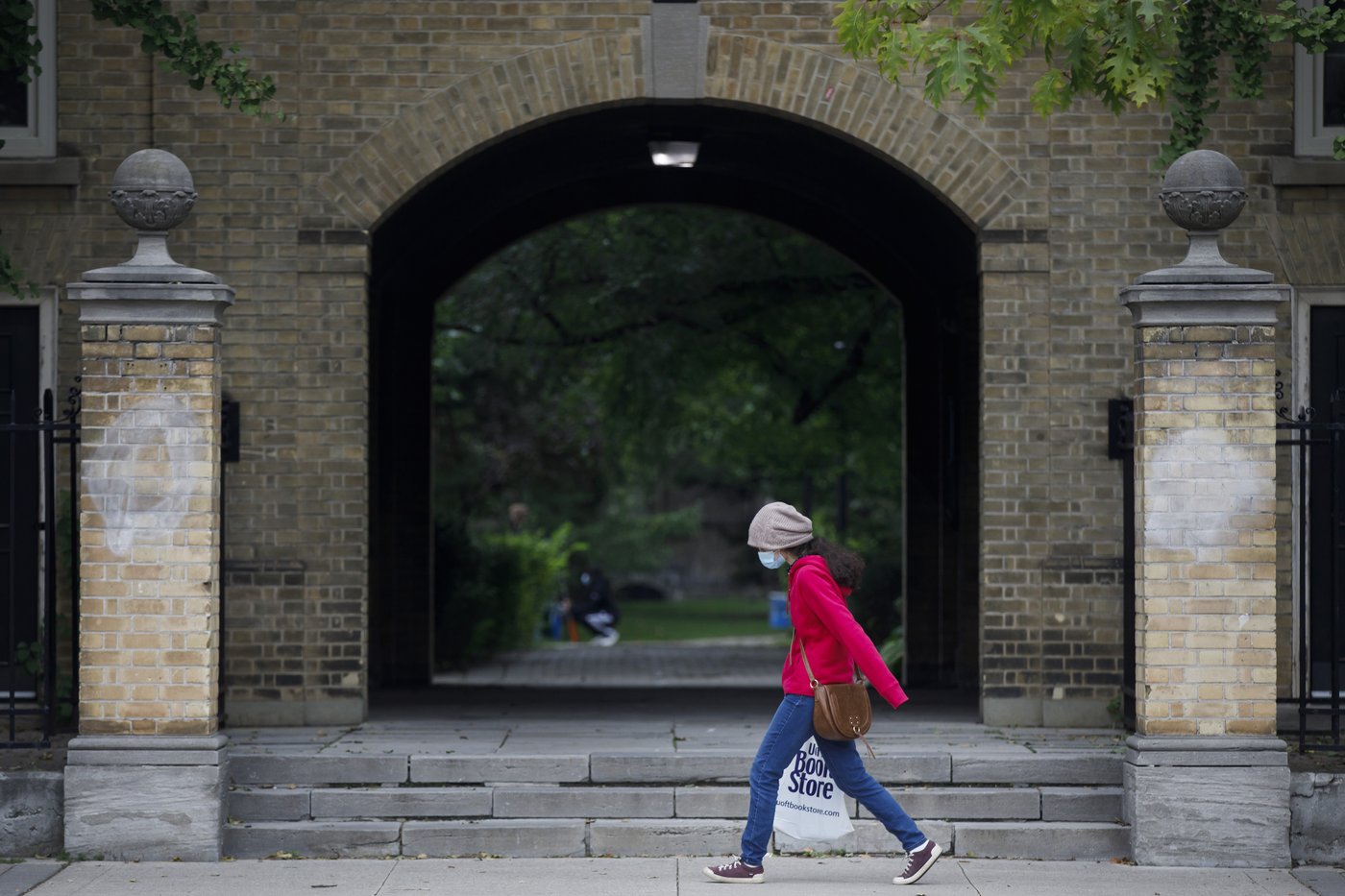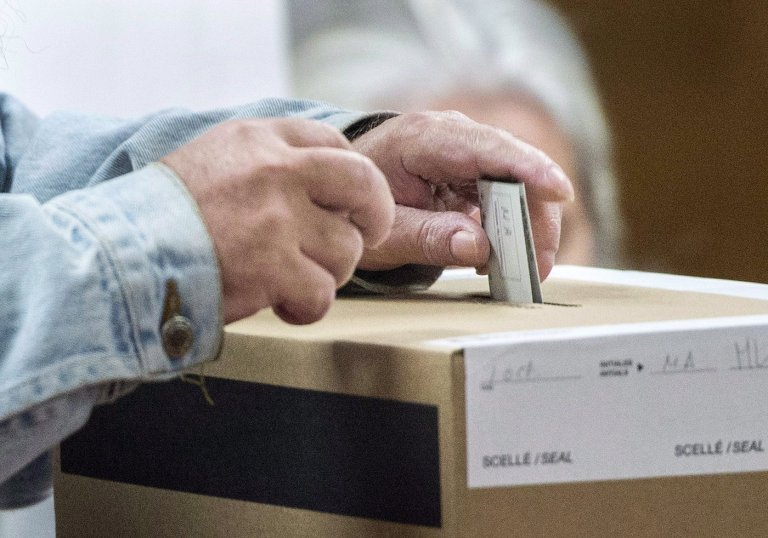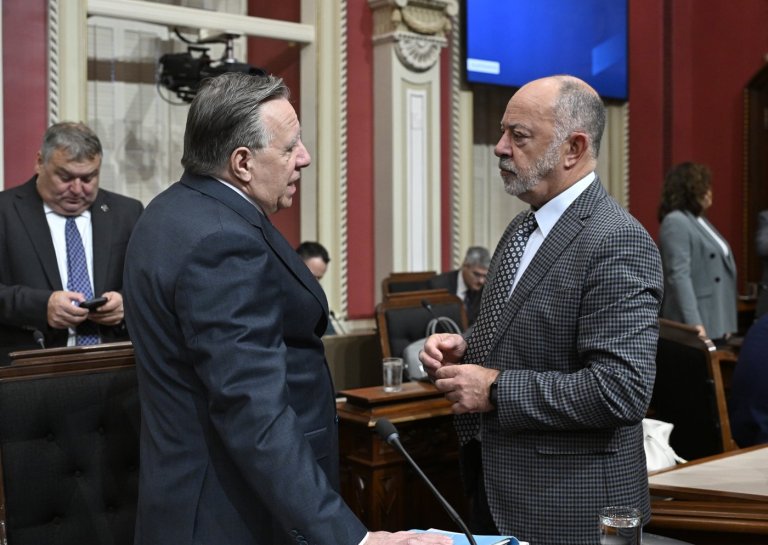U of T emergency fund offers ‘lifeline’ to researchers facing U.S. funding cuts

TORONTO — The University of Toronto has created an emergency fund to support its researchers who are facing unexpected losses in funding to due cuts and policy changes at U.S. federal research agencies.
Announced earlier this month, the measures come after significant cuts to agencies like the National Institutes of Health and National Science Foundation under President Donald Trump left dozens of U of T researchers facing sudden shortfalls.
Leah Cowen, the university’s vice-president of research, innovation and strategic initiatives, said the new fund will help ensure continuity while researchers look for other funding sources.
“We wanted to ensure that our world-leading research at the University of Toronto continues to thrive during this period of uncertainty,” Cowen said.
U of T is one of Canada’s most intensive research institutions and is routinely among the country’s top-ranked universities. Research across the board is a “global collaborative enterprise,” Cowen said, and several faculty members collaborate with other researchers around the world.
She said the university typically receives about $20 million annually from U.S. federal research agencies or through partnerships with American universities. That figure is a small drop in the bucket of its total research funds, she said, but the loss of those funds has still had devastating impacts on the researchers relying on them.
One of those researchers is medical biophysics professor Paul Fraser. He works with scientists at New York City’s Columbia University and Sloan Kettering Institute on developing a new therapy for Alzheimer’s disease.
He said he received funding from a foreign sub-award program offered through the NIH, but those funds stopped coming in after the agency ceased offering awards to scientists from outside the U.S.
“It was fairly devastating,” Fraser said, adding he’s grateful for the funding from U of T for providing him with the “lifeline” he needs to keep his project afloat while looking for alternative funding.
Other Canadian funding agencies that could support his project include the Canadian Institutes for Health Research and the Alzheimer Society of Canada. There are also charitable foundations that could support the project if they wanted, he said.
But Fraser said the Canadian Institutes for Health Research only offers two grant competitions each year. If he had to pause his research in the absence of funding while looking for alternatives, he said he would have likely had to let highly-trained, specialized researchers in his lab go.
“That’s a huge problem because these people have been trained over the years and they have expertise that’s hard to replace,” he said.
“Once you lose them you can’t get them back, so that’s the big problem.”
He said research projects with multiple scientists involved can be impacted by a disruption to research funding because scientists usually each bring different areas of expertise to a larger project. When one of those loses funding, it can strain on the whole operation.
“If you lose one of those spokes in the wheel then you need to replace it or try and do without it. But doing without it can be quite difficult sometimes,” he said.
“It’s in everyone’s interest … to try and find replacement funds to keep things going.”
Cowen said the emergency fund isn’t meant to replace U.S. federal funding. In the meantime, she hopes the Canadian government continues to invest in a “sovereign research ecosystem” that continues supporting Canadian research collaboration with global partners.
Last month, the Coalition of Canadian Research, which represents universities, academics and health-care research groups, penned a letter to Prime Minister Mark Carney asking for his government to uphold last year’s budget commitments to investment in research funding. The letter came ahead of the upcoming Nov. 4 budget, which is widely expected to contain cuts to several sectors.
Cowen said she is “concerned but encouraged” by signals that the government understands the importance of Canada’s research and innovation ecosystem.
“This ecosystem is so important for Canada to deliver economic productivity, health solutions and solutions to many of the global grand challenges that we face as a nation and globally,” she said.
The Prime Minsiter’s Office did not immediately respond to a request for comment on Saturday.
This report by The Canadian Press was first published Oct. 25, 2025.
Join the Conversation!
Want to share your thoughts, add context, or connect with others in your community?
You must be logged in to post a comment.


















